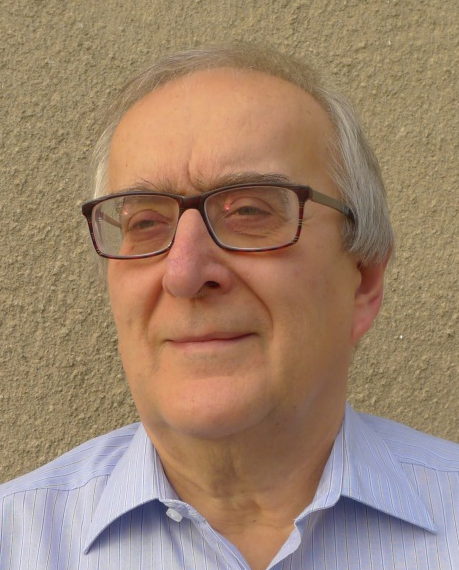
Plenary Lecture
Flow Properties of Al2O3 Ceramic Injection Moulding Feedstocks - Rheological Characterization using Master Flow Description

Professor Petr Filip
Institute of Hydrodynamics
Czech Academy of Sciences Pod Patankou
Prague, CZECH REPUBLIC
E-mail: filip@ih.cas.cz
Abstract: One of the crucial inputs in PIM (Powder Injection Moulding) is an appropriate flowability of the processed material called a feedstock. PIM is composed of four consecutive steps: preparation (mixing) of a feedstock, injection moulding, debinding, and sintering. To ensure a good quality (with no porosity) of the final products after the final step -sintering- it is inevitable to prepare high density mixture, in this case 52 vol. % loading of submicrometric Al2O3 ceramic particles with a correspondingly high specific surface area. Three different binders were used with participation of stearic acid as a surfactant contributing to better flowability of the whole feedstock. The classical trial-and-error method to optimise quality of the final products is very time-consuming and expensive. At present this method is successfully substituted by a simulation approach. However, efficiency of this approach strongly subjects to well-defined entry characteristics. One of these is represented by a suitable description of a feedstock viscosity. With the onset of new materials and new processing conditions (such as high packaging) the traditionally applied classical constitutive models (relating viscosity with an exerted deformation) are no longer applicable and there appears a necessity of finding new ways. In this case we decided to derive master curves for a viscosity description (individually for each out of 3 binders). Each master curves depends only on volumetric concentration of the surfactant (stearic acid) and does not depend on any other parameter. By this way we obtain sufficiently smooth continuous description of viscosity depending on a rate of shear deformation and a volumetric content of stearic acid component. An inaccuracy does not exceed the experimental errors in measuring shear viscosity of all 3 feedstocks.
Brief Biography of the Speaker: Dr. Petr Filip is Associated Professor in Technology of Macromolecular Materials. He received his M.S. degree in 1976 from the Faculty of Mathematics and Physics, Charles University, Prague. In 1980 he received his Ph.D. degree in the Dept. of Partial Differential Equations, Institute of Mathematics, Czechoslovak Academy of Sciences, Prague. Since 1980 he has been with the Institute of Hydrodynamics of the Czechoslovak Academy of Sciences (now Czech Academy of Sciences), Prague, Czech Republic. Here he consecutively served as a Head of the Dept. of Phys.-Chem. Processes and Scientific Secretary. Now he is a Head of the Dept. of Fluid Mechanics and Disperse Systems. He is an author or co-author of nearly 200 journal papers, conference contributions and technical reports. He serves as a member of the Editorial Boards of several international conferences. His current interest includes rheology with the emphasis to constitutive modelling, measurement of elongational viscosity, nanomaterials, rheology in cosmetics. He is a member of The Society of Rheology (American Institute of Physics) and The Polymer Processing Society.